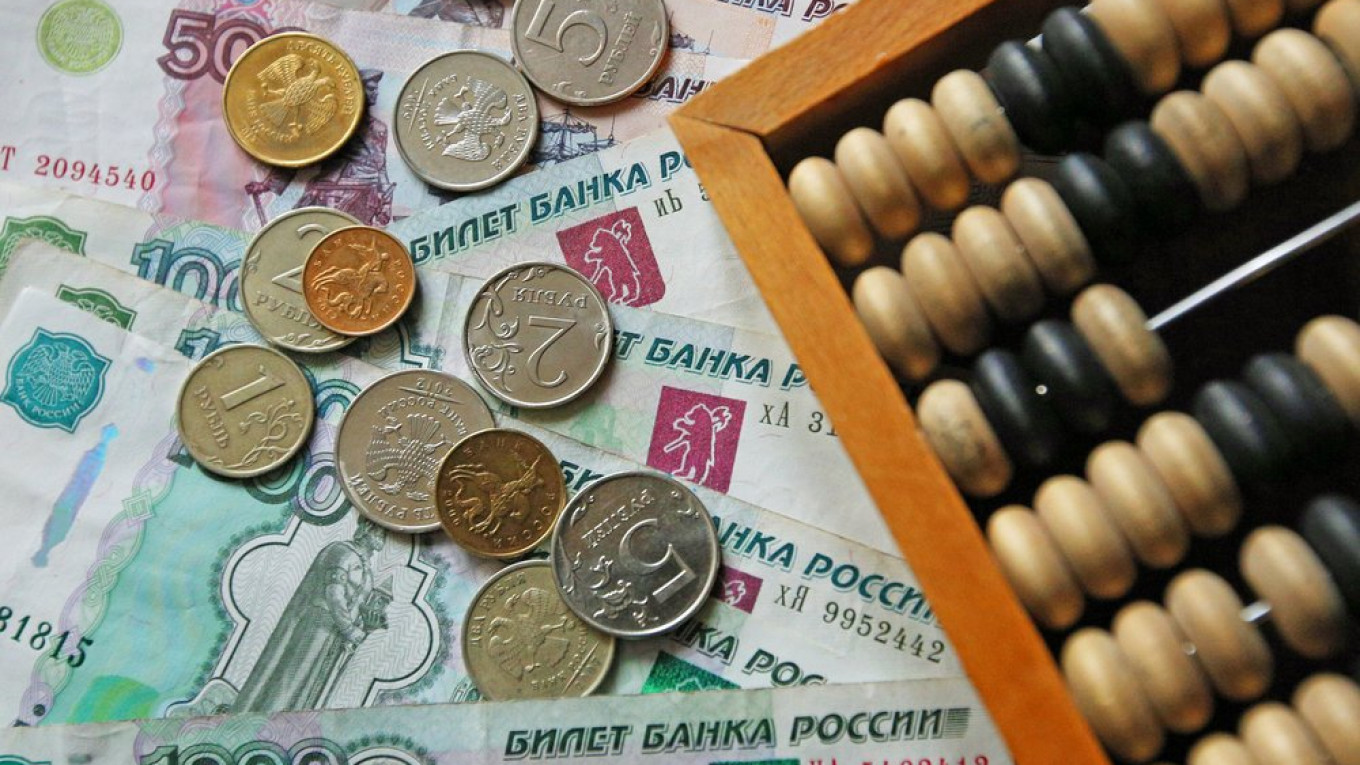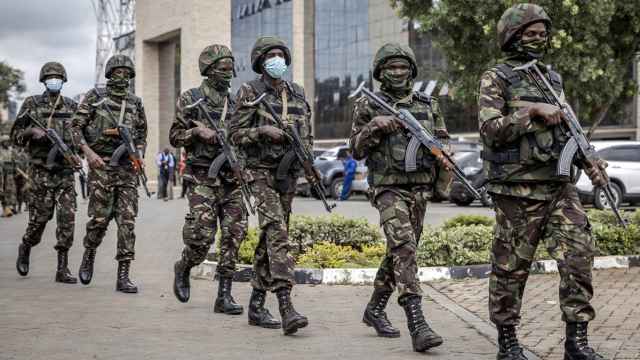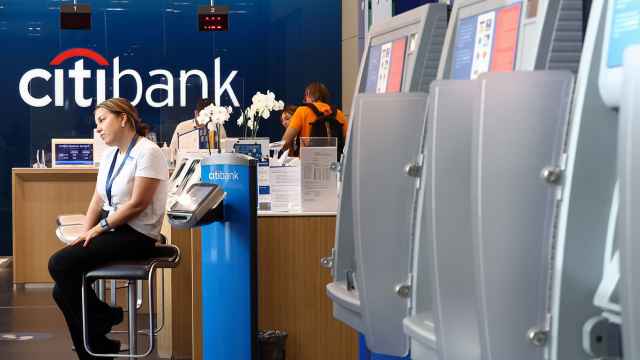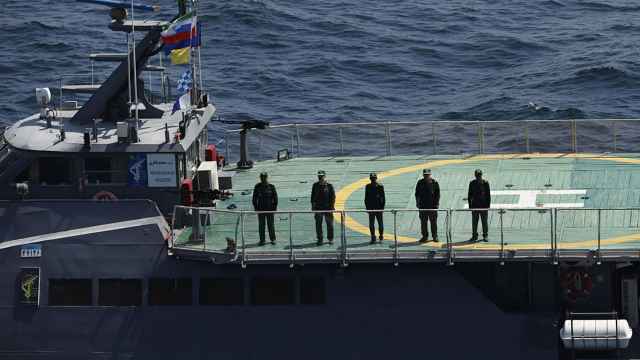Russian President Vladimir Putin signed a package of laws and decrees that prolongs the ongoing capital amnesty and repatriation drive from June 1, 2019, to February 29, 2020, the Vedomosti daily newspaper reported on May 30, citing the state legal information portal.
This will be Amnesty 3.0, and is especially designed to boost recently established domestic offshore zones in Russia’s Kaliningrad Region and Primorsky Region, or so called Special Administrative Regions (SAR).
Under the package amending Russia’s Tax Code and the Code of Administrative Offences, individuals will be able to declare their assets and bank accounts from June 1, 2019, and retain all their guarantees in exchange for repatriation of funds and state registration of foreign companies they control in SARs.
Capital amnesty participants will be exempt from personal income tax, which will be imposed on the profit of a foreign company under his or her control, provided that the taxpayer was not recognized as a tax resident of the Russian Federation for the 2018 tax year.
The first capital amnesty, Amnesty 1.0, lasted from July 1, 2015, to June 30, 2016. It was supposed to last until December 31, 2015, but was extended for another six months.
The initial amnesty required the repatriation of property located in countries that do not share information with Russia, but the requirement for repatriation was subsequently abolished. About 7,200 special declarations were filed during the first stage, which was less than expected.
There are an estimated 100,000-150,000 dollar millionaires, who are the “target audience” of the amnesty.
The second capital amnesty ran from March 1, 2018, to February 28, 2019, on Putin’s orders. The conditions of the second version were the same as the first, with some changes in favour of the declarant.
Amnesty 2.0 allowed individuals to voluntarily declare real estate, vehicles, securities, accounts in foreign banks and controlled foreign companies (CFC). This freed them from tax, administrative and criminal liability for tax evasion and customs duties, as well as for non-compliance with the requirements of legislation on currency regulation and currency control in respect of the property, bank accounts and the CFC indicated in the declaration.
This article first appeared in bne IntelliNews.
A Message from The Moscow Times:
Dear readers,
We are facing unprecedented challenges. Russia's Prosecutor General's Office has designated The Moscow Times as an "undesirable" organization, criminalizing our work and putting our staff at risk of prosecution. This follows our earlier unjust labeling as a "foreign agent."
These actions are direct attempts to silence independent journalism in Russia. The authorities claim our work "discredits the decisions of the Russian leadership." We see things differently: we strive to provide accurate, unbiased reporting on Russia.
We, the journalists of The Moscow Times, refuse to be silenced. But to continue our work, we need your help.
Your support, no matter how small, makes a world of difference. If you can, please support us monthly starting from just $2. It's quick to set up, and every contribution makes a significant impact.
By supporting The Moscow Times, you're defending open, independent journalism in the face of repression. Thank you for standing with us.
Remind me later.






